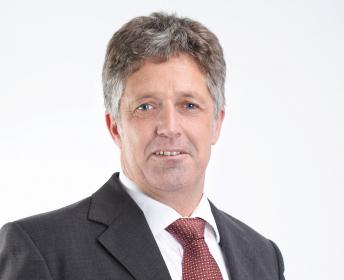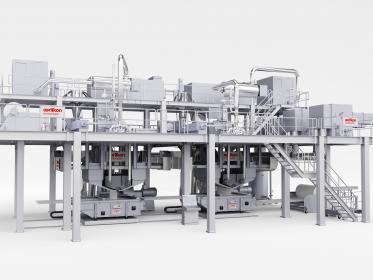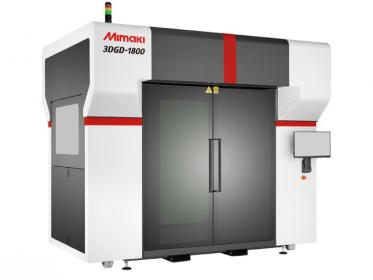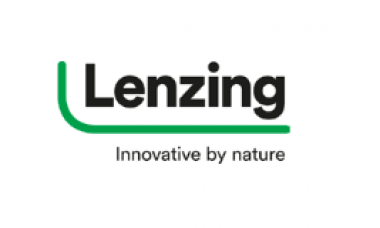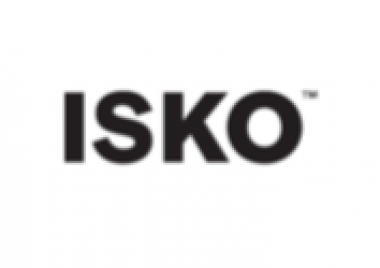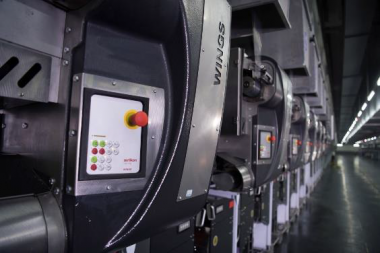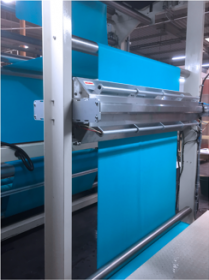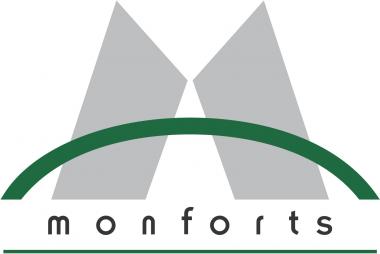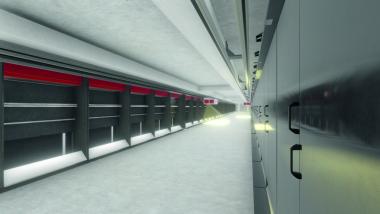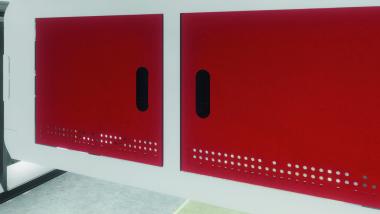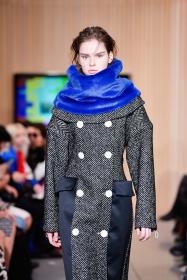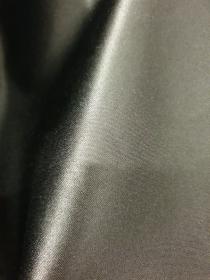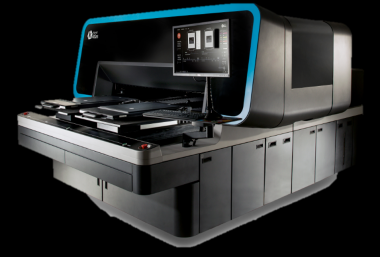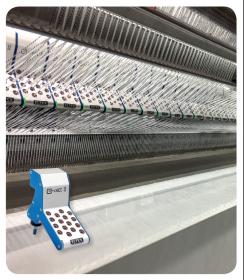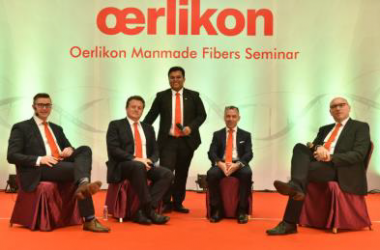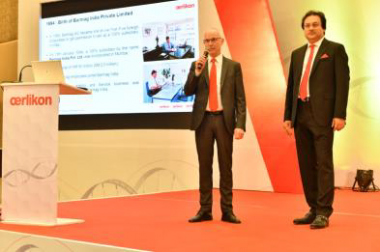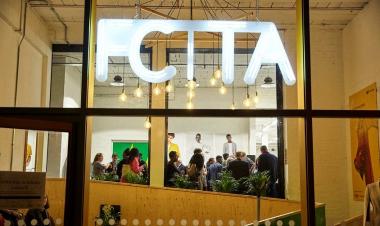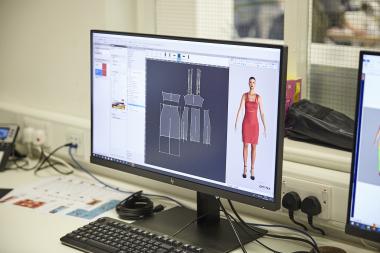Andreas Tobisch new “Head of Sales” of the PFAFF Industriesysteme und Maschinen GmbH
Effective from April 1st, 2020 Andreas Tobisch takes over the position “Head of sales” of the PFAFF Industriesysteme und Maschinen GmbH. The 60-year-old assumes the responsibility for sales activities at the PFAFF location in Kaiserslautern/Germany.
Andreas Tobisch started his career at PFAFF in 1981, where he worked in sales at various locations in Germany. In the mid-1990s, he switched to an international sewing machine dealer as sales manager for almost 10 years before he started successfully his own business in the sewing machine industry together with a partner (both managing directors). At the end of 2014, PFAFF Industriesysteme und Maschinen GmbH was able to win him back for a position in the growth area of "welding technology", where he was most recently the responsible segment manager.
Together with the management and his sales team, Andreas Tobisch will consistently and successfully implement the sales, product and marketing strategy of PFAFF Industriesysteme und Maschinen GmbH. One focus of his work is to expand and strengthen the sales activities of industrial sewing machines, welding machines and automatic sewing units from PFAFF INDUSTRIAL in Kaiserslautern/Germany.
Pfaff
PFAFF Industriesysteme und Maschinen GmbH


